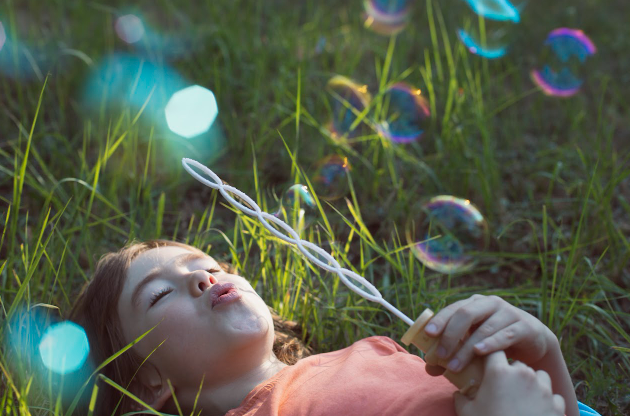Recognizing the early signs of autism spectrum disorder (ASD) is important for supporting a child’s growth and development. Identifying these signs can help parents access early intervention services, which may enhance the child’s overall well-being and development. Here are common early signs of autism and steps to take if you have concerns.
1. Delayed or Limited Speech
A delay in speech or language development is often an early sign of autism. Children with autism may begin speaking later than their peers or struggle with communication. They might use fewer words than expected, have difficulty forming sentences, or repeat phrases (echolalia).
Some children may develop vocabulary but use language differently, such as struggling with conversational skills or showing little interest in communicating.
2. Difficulty with Nonverbal Communication
Children on the autism spectrum often face challenges with nonverbal communication. For example, they may avoid eye contact, fail to use gestures like pointing or waving, or seem unresponsive to their name. Instead of pointing, a child might cry or reach for what they want.
Nonverbal communication plays a crucial role in developing social skills, and challenges in this area can significantly impact a child’s ability to interact with others.
3. Limited Interest in Social Interaction
Social interaction is an important part of development, but children with autism may show little interest in engaging with others. They might prefer playing alone, avoid group activities, or not engage in pretend play.
If these tendencies are persistent and occur alongside other signs, they may indicate autism.
4. Repetitive Behaviors
Repetitive behaviors, such as rocking or repetitive use of objects, may also indicate autism. While some repetition is typical in young children, these behaviors may occur more frequently in children with autism and may be difficult to redirect.
Children on the spectrum might also develop strict routines or rituals and become distressed when these are disrupted.
5. Unusual Sensory Responses
Children with autism often experience unique sensory processing. Some are hypersensitive to sounds, lights, textures, or tastes, while others may be under-responsive.
For instance, loud noises might cause extreme discomfort, or certain clothing textures may be intolerable. These sensory sensitivities can impact daily activities and social participation.
6. Limited Joint Attention
Joint attention, the shared focus on an object or event, is often challenging for children with autism. Typically, when a parent points to an object, a child will follow the gesture. However, children with autism may not respond this way and may not point to objects of interest themselves.
Since joint attention is foundational for social and communication skills, difficulties in this area are an early marker of autism.
What to Do if You Notice These Signs
If you observe these behaviors, remember that every child develops at their own pace. However, if concerns persist, acting early can make a significant difference.
-
- Schedule a Developmental Screening: Speak to your pediatrician about a screening to determine if further evaluation is needed.
- Consider Early Intervention Services: Many states offer early intervention programs for children with developmental delays, supporting growth in key areas.
- Seek a Comprehensive Evaluation: Autism is complex, and diagnosing autism involves an assessment by a specialist, such as a developmental pediatrician or a child psychologist.
- Recommended Therapies: Your doctor may recommend therapies such as Applied Behavior Analysis (ABA), speech therapy, occupational therapy, and physical therapy.
- Educate Yourself and Find Support: Learn about autism and connect with support groups to navigate next steps and feel empowered. Remember, you’re not alone.
Final Thoughts
Noticing signs of autism can be worrying, but it’s important to remember that early identification and support can make a significant difference in a child’s development. If you have concerns or notice any signs, trust your instincts and reach out for guidance. Early intervention can help nurture communication, social skills, and behavior, offering children the best chance to thrive in their own unique way.




